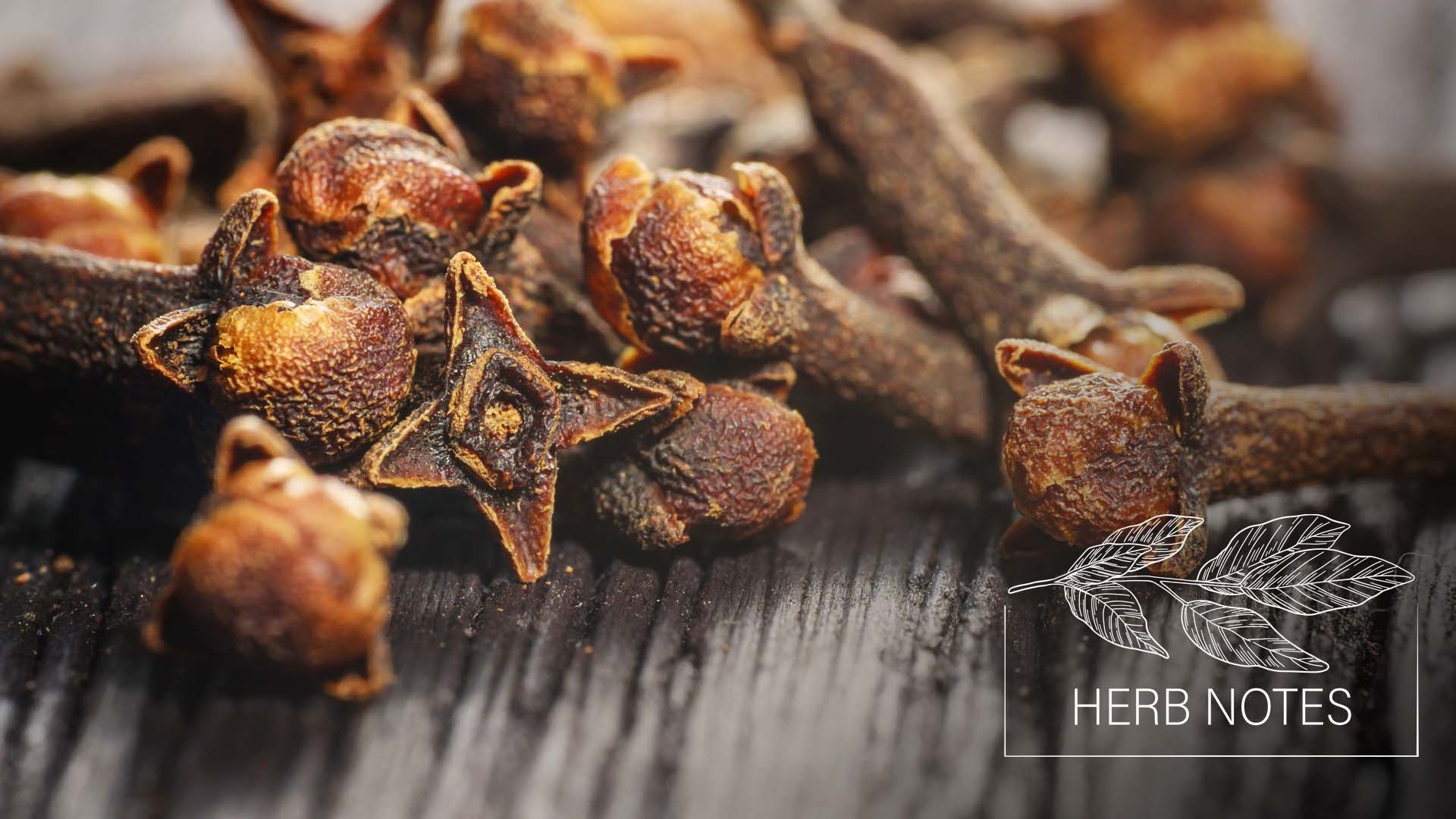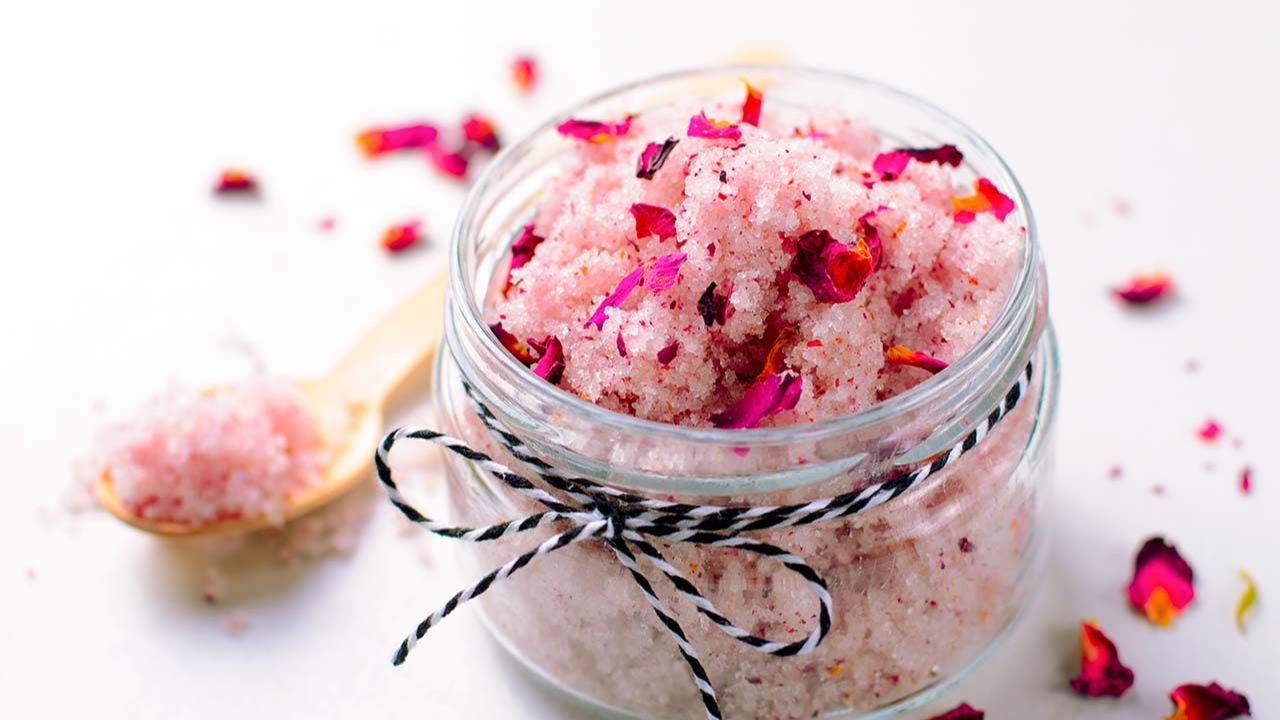
Herb Notes: The Medicinal Uses of Yarrow
When thinking about the many medicinal uses of yarrow (Achillea millefolium), it’s hard to narrow it down — yarrow is one of those special herbs that can offer healing for an incredibly wide variety of common ailments.
Yarrow’s leaf and flower are most typically used by Western herbalists, but there is also traditional usage of the roots. In this article, I’ll focus on the medicinal uses of yarrow leaf and flower.
Let’s dive into 3 medicinal uses of yarrow…
1. Yarrow Benefits: Using Yarrow for Wounds
One of yarrow’s nicknames is “woundwort,” and I bet you can guess why…
Yep! Yarrow is an antimicrobial vulnerary herb, which means it can help heal wounds: preventing infection and speeding up the process of tissue repair. Yarrow can do this as a topical tincture or poultice and as an internal tincture or tea.
Yarrow’s other nickname of “nosebleed plant” gives us another hint about yarrow’s gifts: topical applications of yarrow’s bright white flowers and feathery leaves have a knack for stopping bleeding.
I experienced the healing gifts of yarrow firsthand during the early days of the pandemic: I had a nose piercing that got infected because I kept bonking it with my tight mask. So, I went into my garden and picked fresh yarrow leaves for a poultice. Each evening I poulticed my nose until the swelling, redness, and irritation went away.
2. Yarrow Benefits: Yarrow for Colds, Flu, and Fever
Ever the versatile herb, yarrow offers relief for a wide range of cold and flu symptoms.
Gargling yarrow tea can soothe a sore throat, and you can also drink this same hot tea for its diaphoretic properties. What’s a diaphoretic? A diaphoretic herb induces sweating, which can help lower a fever.
As an antimicrobial herb, yarrow also supports the immune system as it fights infection. Plus, yarrow tea or syrup can help address a chronic cough.
3. Yarrow Benefits: Yarrow for Cardiovascular Health
Yarrow has a reputation for strengthening the cardiovascular system. You can call on yarrow for varicose veins, spider veins, and poor circulation to tonify and bring balance to the vasculature.
To experience these benefits of yarrow, you can take yarrow internally as a tincture or tea.
A few frequently asked questions we get about yarrow—
Is yarrow poisonous to humans?
Nope! Yarrow is not poisonous, but when in flower it can look similar to herbs in the Apiaceae or Parsley family. There are several poisonous herbs in the Apiaceae family, including but not limited to poison hemlock and water hemlock. When harvesting yarrow, always make sure you have properly identified it.
What are the side effects of yarrow?
Yarrow is a gentle plant that has no documented side effects. Since yarrow is in the Asteraceae family, if you have allergies to plants within this family, then you should avoid yarrow. Yarrow should also be avoided during pregnancy.
Where can I find yarrow?
You know, one of the reasons we get asked about yarrow so often is because it’s a pretty prolific plant. Yarrow is easy to grow, and you may even spot it sprouting up in overgrown lawns and along pathways. We tend to recommend using white yarrow rather than the more cultivated pink and yellow yarrow, which are often not as medicinal.










